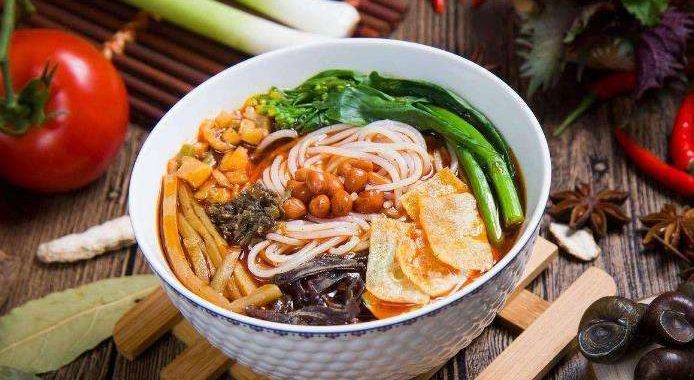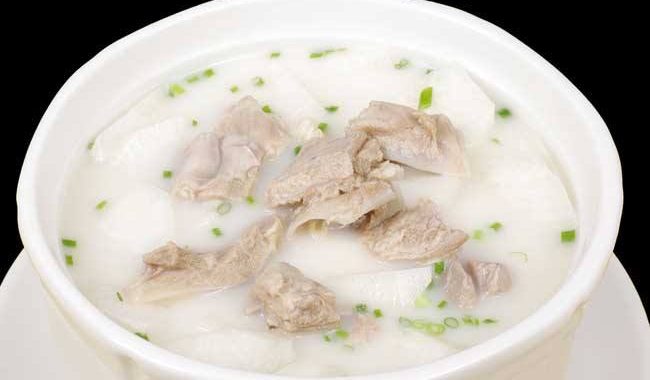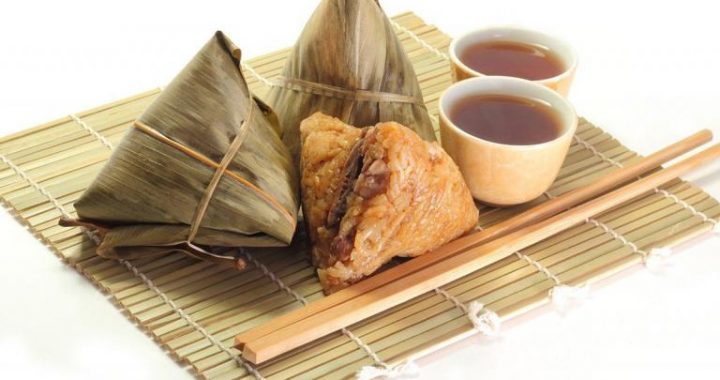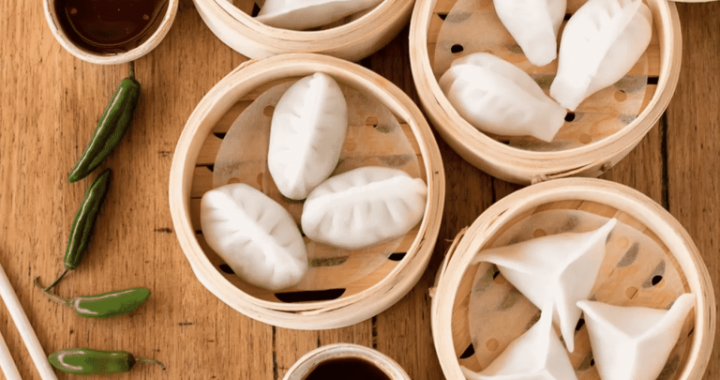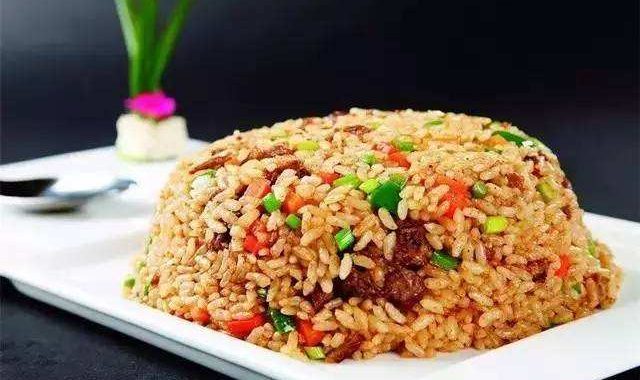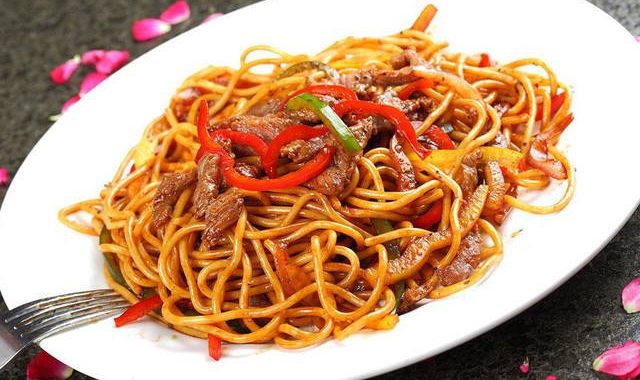Seaweed
2 min readSeaweed
Salty (Water), cold, Yin
All varieties of seaweed are a good remedy for goiter because of their high iodine contents. Seaweed is also used in Chinese medicine for curing hypertension and as an expectorant for chronic bronchitis. Seaweed is rich in minerals that it absorbs from the sea bottom and is therefore a general tonic for all physical and mental functions. It is important to point out, however, that the seaweed must come from a nonpolluted seabed. Seaweed is an important part of people’s diet in the coastal Zhejiang province of China. Being a highly industrialized area, many pollutants are discarded directly into the sea. It may not be a coincidence, therefore, that there is an extremely high correlation (82%) in Zhejiang province between rectal cancer and the consumption of sea vegetables.13 Fresh: Protein, 1.7 g; Fat, 0.6 g; Fiber, 0 g; Carbohydrate, 9.6 g; Vitamin A, 116 IU; Vitamin B1, 0.05 mg; Vitamin B2, 0.15 mg; Niacin, 0.5 mg; Vitamin C, 20 mg; Calcium, 168 mg; Phosphorus, 42 mg; Iron, 2.85 mg Dried: Protein, 8.5 g; Fat, 3.0 g; Fiber, 0 g; Carbohydrate, 48 g; Vitamin A, 580 IU; Vitamin B1, 0.25 mg; Vitamin B2, 0.75 mg; Niacin, 2.5 mg; Vitamin C, 100 mg; Calcium, 840 mg; Phosphorus, 210 mg; Iron, 14.25 mg

Soy sauce
Sweet and salty (Earth and Water), thermally neutral, Yang
Soy sauce is used principally as a flavor enhancer. Because of its high sodium content, the excessive use of soy sauce can be deleterious to health. Sodium is known to harden the arteries and to increase blood pressure, however it is also added to food as an aid to digestion. Soy sauce is commonly used as an application to alleviate the pain frombee or wasp stings; in the Chinese countryside it is sprinkled or lightly daubed on burns. Protein, 2 g; Fat, 0 g; Fiber, 0 g; Carbohydrate, 4 g; Vitamin A, 15 IU; Vitamin B1, 0.11 mg; Vitamin B2, 0.05 mg; Niacin, 0.5 mg; Vitamin C, 3 mg; Calcium,10 mg; Phosphorus, 45 mg; Iron, 0.38 mg

Vinegar
Sour and bitter (Wood and Fire), warm, weak Yin
Chinese vinegar is usually made from rice, wheat, or sorghum. Vinegar stimulates the circulation of the blood, aids digestion, increases appetite, and detoxifies. Studies conducted at the Research Institute of Epidemic Diseases at the Chinese Academy of Science in Beijing indicate that vinegar acts as a disinfectant. Using vinegar in this way, many people boil vinegar in the home during winter to guard against catching colds or the flu; many rural northern Chinese homes smell quite strongly of vinegar. This same method of boiling vinegar is used in higher dosage to arouse somebody who has fainted. Vinegar is frequently prescribed to treat hepatitis. Vinegar has no nutritive value.

